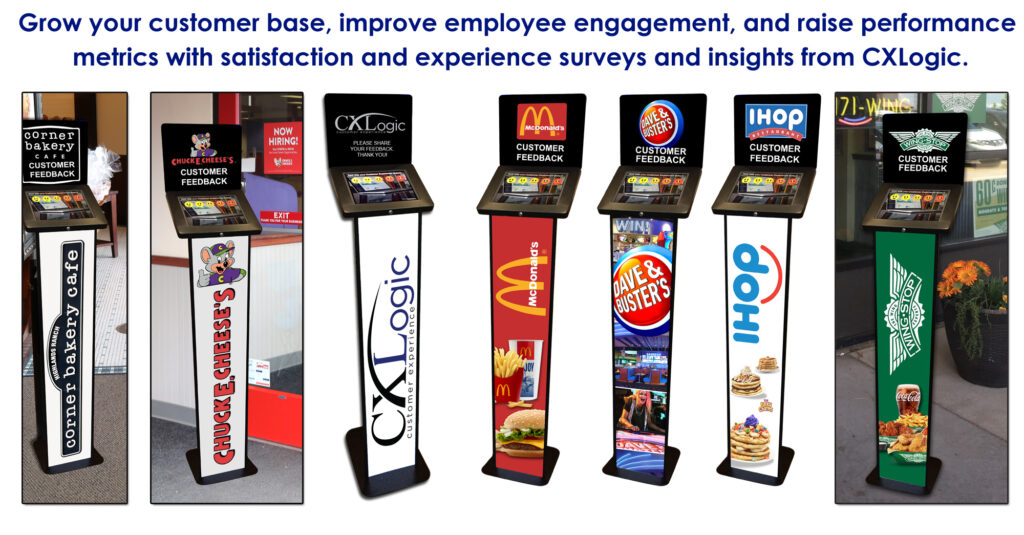There are two terms that get a lot of mention in businesses today—customer experience and customer satisfaction. They are frequently used interchangeably but did you know there is a difference between the meanings of these two terms? Customer satisfaction measures how the products and services of a business meet or exceed customer expectations; while customer experience is comprised of factors associated with the consumption process including feelings, behaviors, and cognitive reasoning.
Difference between Customer Experience & Customer Satisfaction?
In order to be successful, businesses must focus on both dimensions. Before discussing why both are vital for a business, let’s first understand the differences between customer satisfaction and customer experience.
Customer Satisfaction Definition
It was the 80s when the discovery of the customer satisfaction concept came about. It was first measured through the customer satisfaction index, and it was considered a brilliant idea at the time.
Customer satisfaction defines how happy a customer is with your products and/or services. This is usually measured through customer satisfaction surveys, with the goal of understanding how customers feel about your brand. To find out how a customer feels, they are typically asked questions like: What went well with our product or service? Where did we not meet your expectation? And how can we improve our product or service?

Customer Experience Definition
Customer experience is the overall impression your brand leaves on a customer through the complete sale or purchase process. The customer experience is based on factors like whether your team was friendly or not, whether the customer got what they wanted easily and conveniently, and whether the customer felt valued by your business.
Customer experience starts as soon as a customer makes contact with a business. This contact can be in-person, through a website, over the phone, or via email.
- Customer experience is the cognitive assessment of all the direct and indirect interactions with your brand relating to their purchase.
- Generating customer experience requires a long process of interactions between the company and the customer across many channels including in-person, mail, phone, and website. It takes into account both emotional and functional clues.
- Customer experience also takes into account the influence of other service providers, as well as, other customers on consumer behavior.
Why Both Are Important for Your Business
You need to know how your customers feel about your business from both perspectives of customer experience and customer satisfaction. And while customer experience is not dependent on customer satisfaction, customer satisfaction however, is dependent upon customer experience. An outstanding customer experience leads to higher levels of customer satisfaction.
To maintain balance with respect to how your customer perceives your brand, you must not neglect one over the other. If their interactions with your business keep changing with each visit, your customer satisfaction ratings will fluctuate. Knowing what works best for your customers is critical to building and maintaining a successful business. And both customer satisfaction and customer experience are necessary to gauge that.


